Ford Motor Company has reported a remarkable surge in electric vehicle (EV) sales during the first quarter of 2025, defying broader market trends and challenges posed by impending auto tariffs. This growth is primarily driven by strong demand for the Mustang Mach-E and E-Transit models, showcasing Ford’s commitment to electrification even as overall vehicle sales faced a slight decline.
Key Takeaways
- Ford’s EV sales increased by 26% year-over-year in Q1 2025.
- The Mustang Mach-E saw a 21% rise in sales, outselling traditional gas-powered models.
- Overall vehicle sales for Ford dipped by 1.3%, but electrified models now account for 15% of total sales.
- The introduction of a 25% tariff on imported vehicles poses potential risks to future sales growth.
Strong Performance of Electric Models
In the first quarter of 2025, Ford sold a total of 73,623 electrified vehicles, marking a significant 26% increase compared to the same period last year. This includes:
- Hybrids: 51,073 units (10.1% of total sales)
- Fully Electric Vehicles (EVs): 22,550 units (4.4% of total sales)
The Mustang Mach-E, Ford’s electric SUV, led the charge with 11,607 units sold, a 21% increase from the previous year. This model has consistently outperformed traditional combustion-engine vehicles, including the iconic Mustang, which saw a 31.6% drop in sales.
Market Challenges and Tariff Implications
Despite the positive sales figures, Ford faces challenges from the newly implemented 25% tariffs on imported vehicles and parts. The tariffs are expected to increase production costs, particularly for models like the Mustang Mach-E, which sources 78% of its parts from Mexico. This could lead to higher prices for consumers and potentially dampen demand.
Competitive Landscape
Ford’s success in the EV market comes at a time when competitors like General Motors (GM) are also experiencing fluctuations in sales. GM reported a 17% increase in overall sales for Q1, but its reliance on imports may expose it to greater risks from the tariffs compared to Ford, which has a stronger domestic manufacturing footprint.
Future Outlook
Looking ahead, Ford’s strategy to enhance its EV offerings and invest in charging infrastructure positions it well in the competitive landscape. The company has committed to expanding its electrified vehicle lineup and improving dealership capabilities to support EV sales. However, the impact of tariffs remains a significant concern that could affect pricing and consumer interest in the near future.
In conclusion, while Ford’s electric vehicle sales have surged, the company must navigate the complexities of a changing market and potential tariff impacts to sustain its growth trajectory in the EV sector.

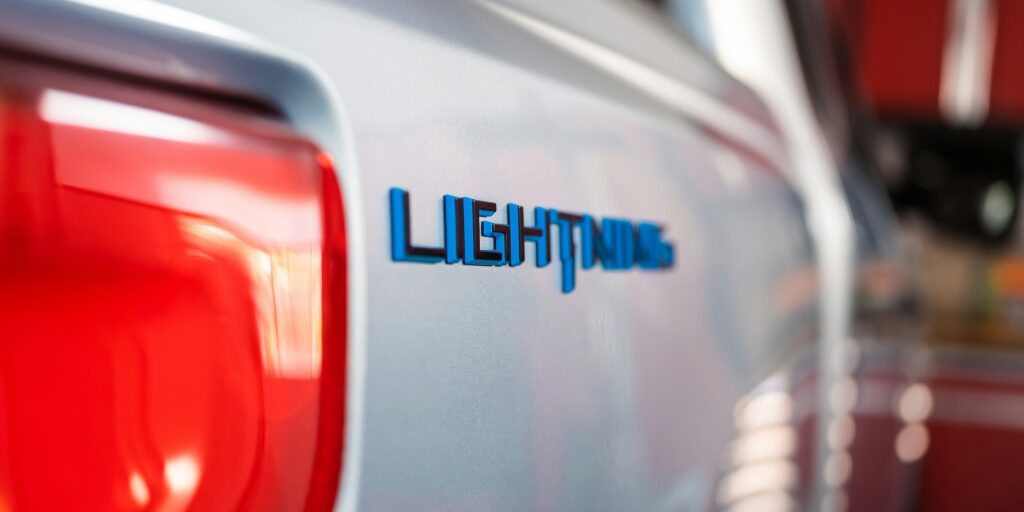
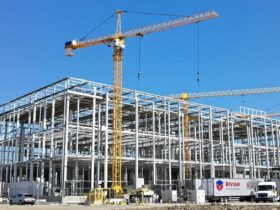

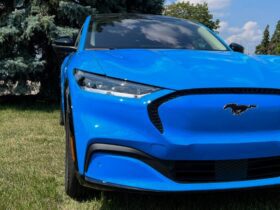
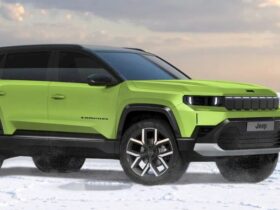



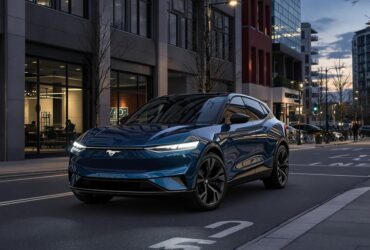



Leave a Reply